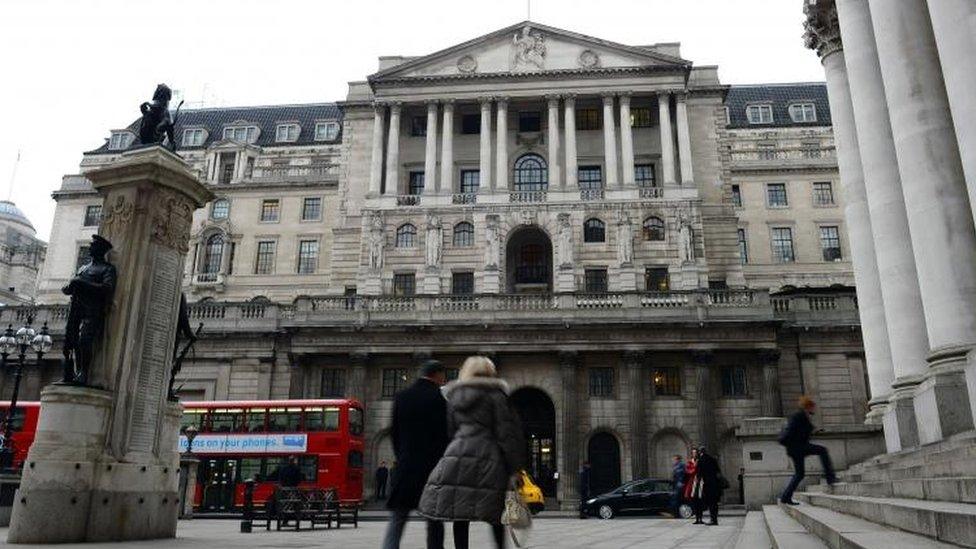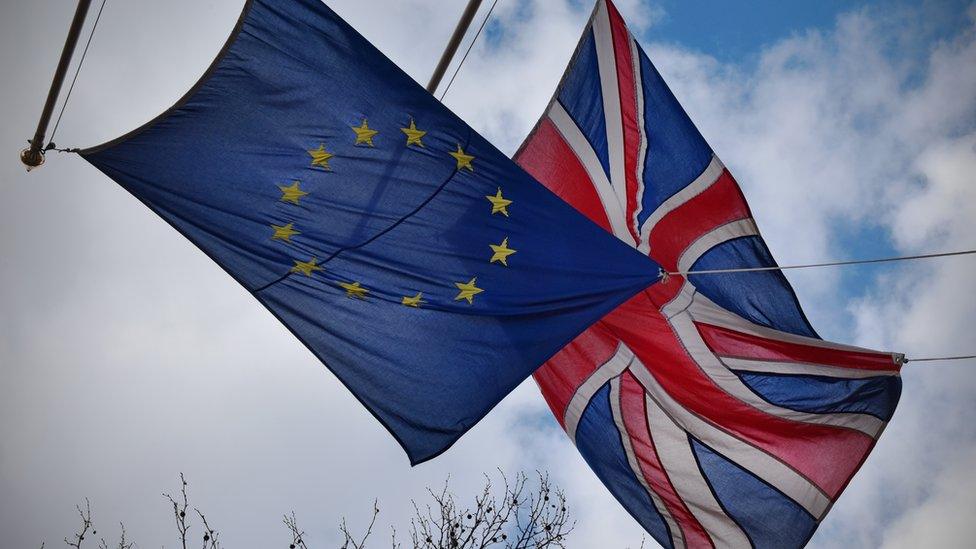Citigroup's Saunders is new rate setter for Bank's MPC
- Published

Citigroup economist Michael Saunders is to replace Martin Weale as one of the nine members on the Bank of England's interest rate-setting Monetary Policy Committee (MPC), the Treasury has said.
He will take over from Mr Weale, who often favoured higher interest rates, on 9 August.
UK chancellor George Osborne said Mr Saunders would be "a strong addition".
Earlier this week the MPC voted to keep, external rates at their record low, where they have been for more than seven years.
'First-rate knowledge'
Mr Saunders is currently the head of European economics at the US-based bank Citigroup, where he has worked for more than 25 years.
Mark Carney, Governor of the Bank of England, said: "On behalf of the Bank of England, I am delighted to welcome Michael Saunders to the Monetary Policy Committee.
"He brings first-rate knowledge of the UK economy and a wealth of economic and financial experience."
He also thanked Martin Weale for his work on the MPC over the past six years, which have made him the longest serving member of the rate setting committee.
Mr Weale was known as a hawk on the MPC for being one of its few members to have voted for a rise in interest rates in recent years.
Saunders' outlook
Economists will be keen to assess the position of Mr Saunders on interest rates.
In a research note for Citigroup earlier this year Mr Saunders forecast that the Bank would hold interest rates at 0.5% until the end of 2016.
After that he saw interest rates rising to 1% by the end of 2017, and to 2% by the end of 2018.
Mr Saunders also warned of a "widespread loss of momentum" in the UK's economy since the start of the year.
He said the existing drag from a sluggish world economy has been reinforced by uncertainty about the outcome of the UK's referendum on its membership of the European Union (EU).
Following the publication of the latest minutes of the MPC Mr Saunders said he suspected it "would be willing to go further into unconventional policy if that proved necessary" in the event of a "Brexit" from the EU.
- Published12 April 2016

- Published11 April 2016

- Published8 April 2016

- Published7 April 2016
